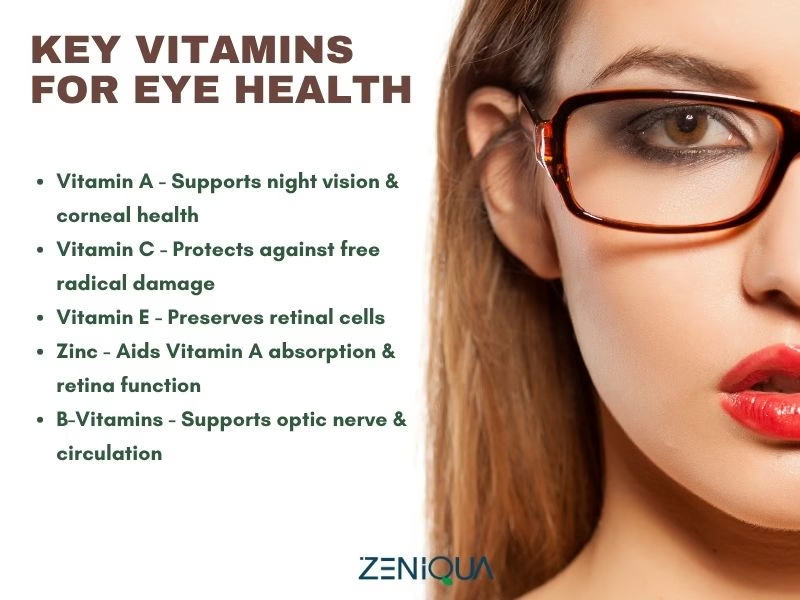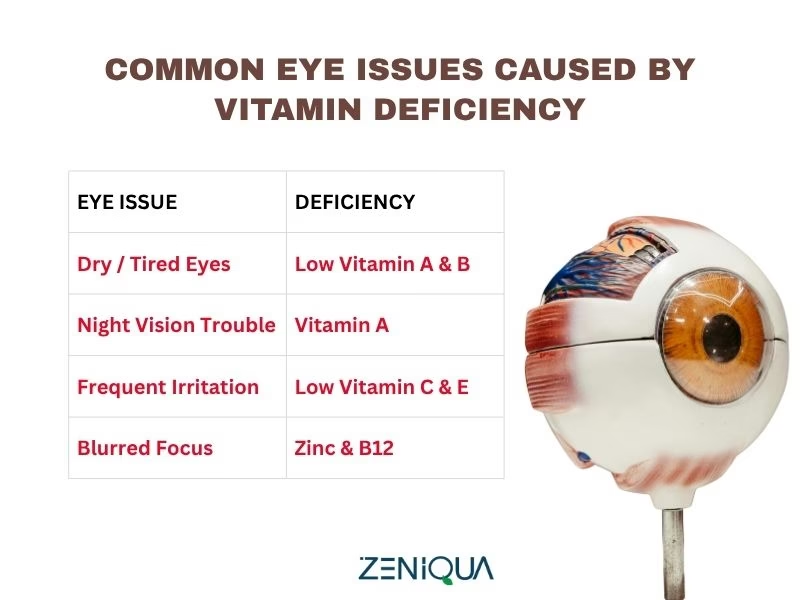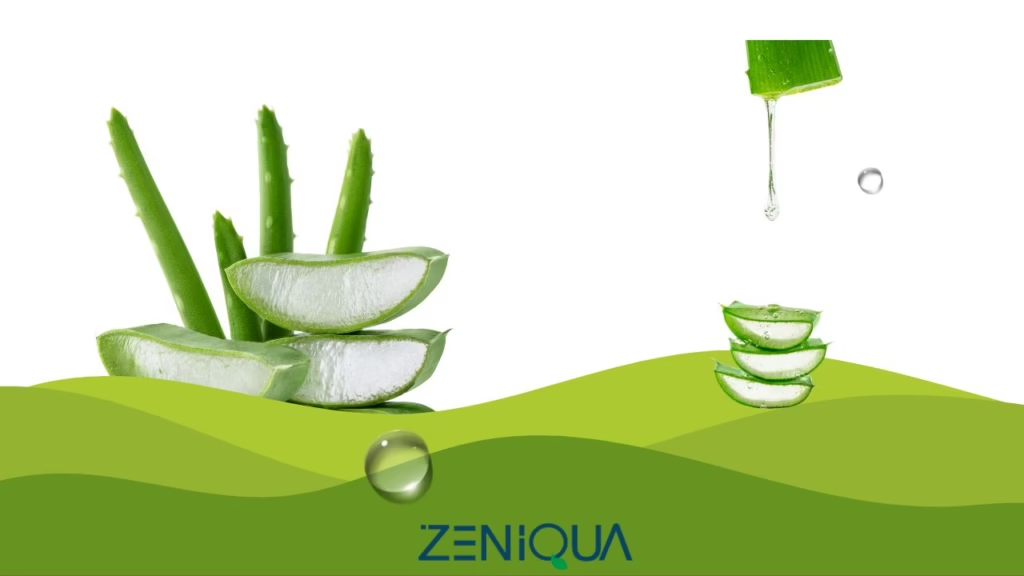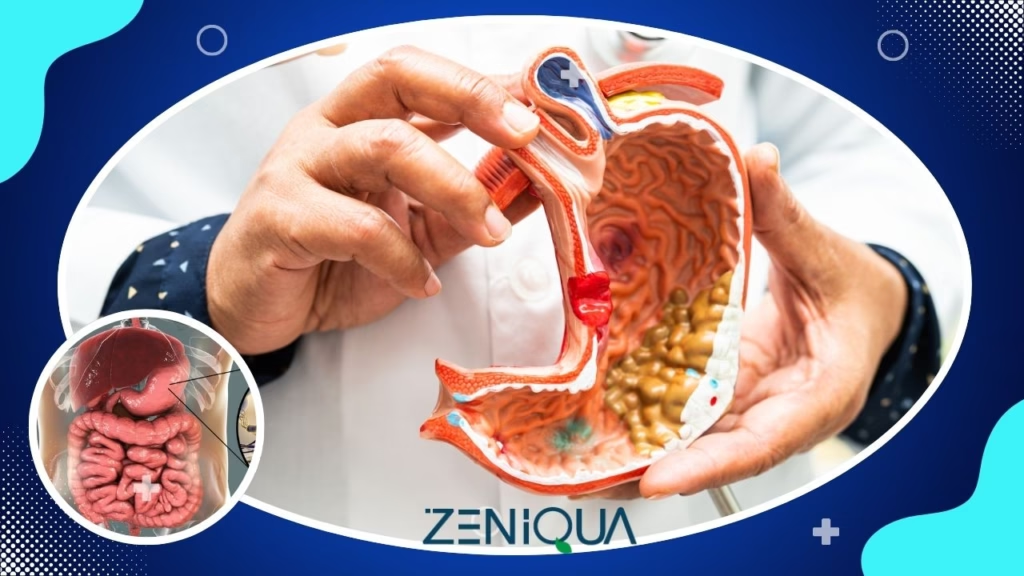QUICK LINKS
PRODUCTS
- Men
- Women
- Kids
- Universal
- Zeniqua Daily Vibes | Multivitamin for Adults | 30 Tablets
- Zeniqua Daily Vibes | Multivitamin for Adults | 60 Tablets
- Zeniqua ZeniTrim | Anti-Obesity Nutraceutical for Adults | 30 Tablets
- Zeniqua ZeniTrim | Anti-Obesity Nutraceutical for Adults | 60 Tablets
- Zeniqua ZeniDreams | Sleep Gummies | 30 Gummies
RECENT POSTS
08
Dec
A Complete Guide to Hair Loss Solutions For Men: Causes, Prevention & Regrowth
Hair falling out is a normal problem for men. It can damage the way you appear and the way you feel. Many men can prevent or delay hair...
01
Dec
What Is The Best Sleeping Position For Digestion?
Waking up with heartburn or a swollen stomach? Your sleep position may silently be sabotaging your digestion.When you sleep, you do...
18
Nov
Discover 6 Powerful Health Benefits of Aloe Vera
Aloe vera is an ancient herb that has been praised as a natural solution to numerous health and beauty issues. This succulent plant is ...


















